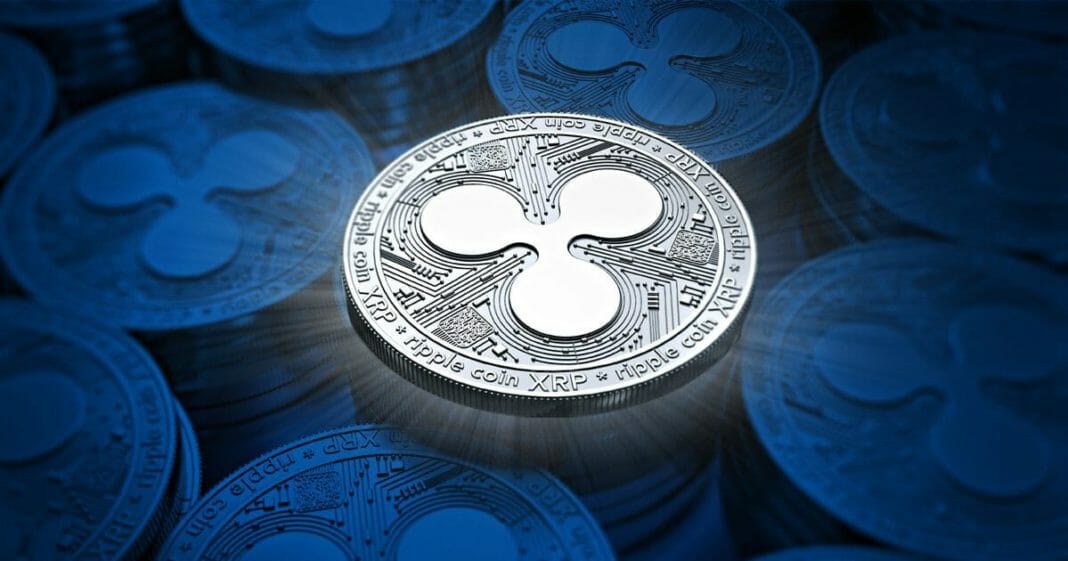The platforms that joined the movement and took the token out of operations include OKCoin and B2C2. Amid that exclusion, XRP receives strong support in Japan.
As a result of the lawsuit that the US Securities and Exchange Commission (SEC) filed against Ripple, nine cryptocurrency trading platforms from the United States, Europe, and Asia have withdrawn XRP from their operations.
The crypto asset, which had been gaining popularity in the banking sector, is no longer available for trading on the Asian digital asset trading platform OSL. It is also not included in the New York and Chicago operations of CrossTower and Beaxy, respectively.
Chinese cryptocurrency exchange OKCoin recently reported its decision to suspend XRP trading and deposits from January 4th, 2021. They said that the users who borrowed in the XRP/USD pair must repay the loaned amount before that date.
Bitstamp, which is based in Europe, also stopped trading the Ripple token. Swiss crypto asset manager 21Shares did the same, saying that their decision focuses on their corporate rules. They cannot include “any token that is a security or any token that may have liquidity problems.”
Cryptocurrency market maker B2C2 USA reported that it has canceled negotiations involving XRP with its US counterparts. However, the customers outside of the United States can trade the token, as long as they pre-finance all short trades.
Other crypto asset-trading platforms, such as digital asset bank Galaxy Digital and US company Jump Trading have also joined the movement and stopped their services with XRP. Jump Trading is one of the most active in the cryptocurrency market and is recognized for providing liquidity to exchanges.
Other trading platforms may progressively remove XRP from their operations, since those who keep the token listed run the risk of receiving lawsuits and fines if the SEC wins the lawsuit against Ripple. If the court finds XRP to be an unregistered security, the platforms that continued to trade the token would have to register as stock exchanges.
In recent days, the SEC stated that XRP is a security and filed a lawsuit against Ripple Labs, its CEO, Brad Garlinghouse, and its president, Chris Larson. The regulatory agency accuses them of earning USD 1.38 billion by selling unregistered security. They add that, in the process of selling XRP, Ripple should have complied with the registration requirements of the Federal Securities Act. Likewise, they should have reported regularly to the authorities, but they did not.
Ripple counters that multiple regulators, including the Financial Crimes Enforcement Network (FinCEN), have already certified XRP as a virtual currency. Therefore, they consider it to be outside the jurisdiction of the SEC.
XRP and Ripple Receive Strong Support in Japan
Exchanges in various parts of the world close their operations with XRP, but the token has received strong support in Japan. The cryptocurrency platforms of that Asian country have refused to exclude the Ripple crypto asset.
According to a note that Sadakazu Osaki recently published at the Nomura Research Institute, Japan’s largest economic research site, the SEC’s lawsuit against Ripple will have no impact in that country. XRP is in the category of crypto-asset under the nation’s Fund Settlement Act, so it does not fall into the category of security.
Financial firm SBI Holdings, one of the largest in Japan and a partner of Ripple, supported the explanation that Osaki outlined. They added that, given the treatment of XRP as an asset, the country’s exchanges will continue to trade the token, despite the accusations against Ripple for selling an unregistered security.
By Alexander Salazar











